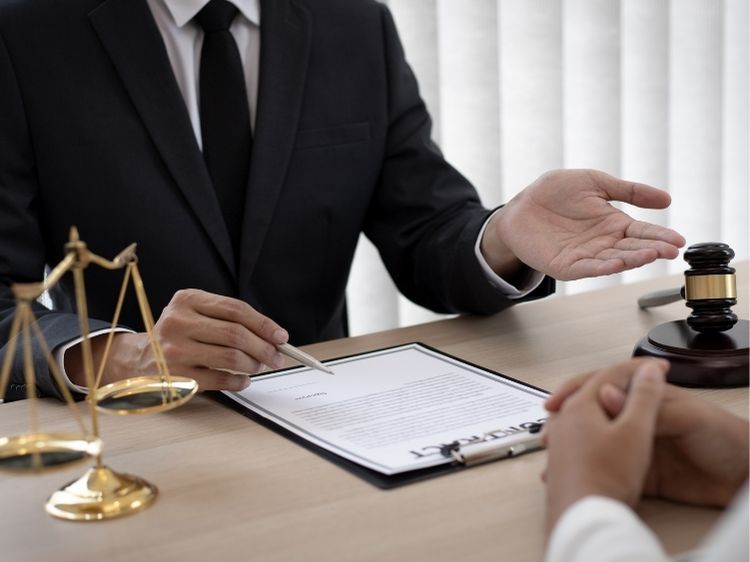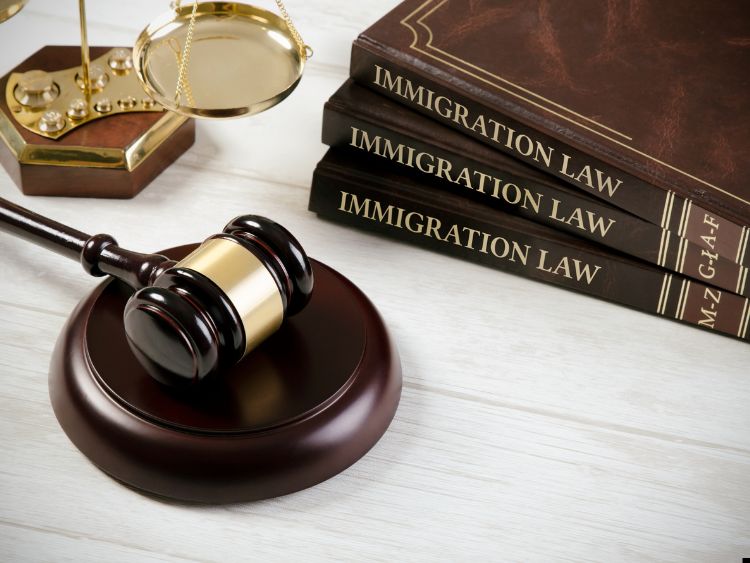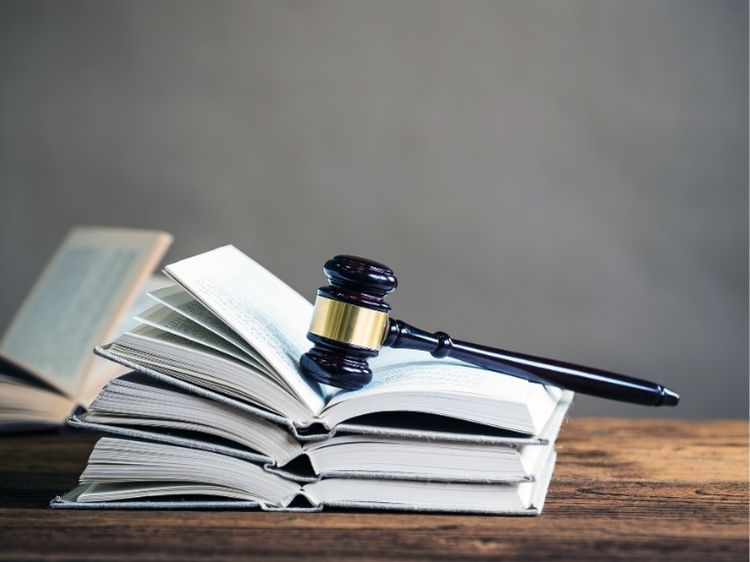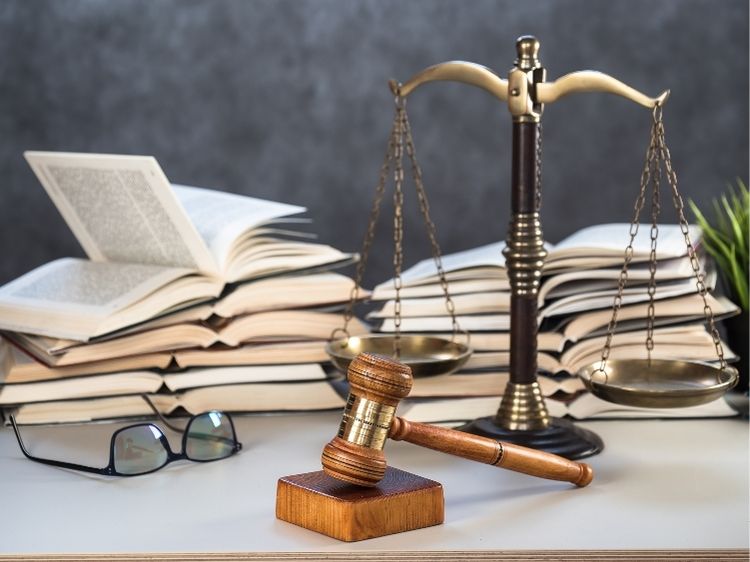When you hear the term “third-party liability,” you might wonder, “What exactly does that mean?” It’s not uncommon for people to scratch their heads over this concept, but it’s actually more straightforward than it sounds. In this article, we’ll break down third-party liability, its importance, where you encounter it in daily life, and why it’s crucial to understand. By the end of this article, you’ll have a solid grasp of third-party liability and be prepared to make informed decisions about it.
What is Third Party Liability?
At its core, third-party liability refers to a legal obligation where an individual or entity (the “first party”) is held responsible for damages or injuries caused to another person (the “third party”) due to negligence or unlawful action. The first party is typically insured by a second party (an insurance company) to cover the costs associated with these claims.
To put it simply: if you’re at fault for causing harm to someone else, third-party liability coverage helps protect you from the financial repercussions.
Why is Third Party Liability Important?
The importance of third-party liability lies in protection—both for the person at fault and the injured party. Without this type of coverage, individuals would have to bear the full financial burden of compensating others for medical bills, property damage, or other losses caused by their actions. Let’s face it: accidents happen, but being caught without protection can lead to hefty lawsuits and serious financial consequences.
Real-World Example:
Picture this: You’re driving on a rainy day and accidentally rear-end the car in front of you. The other driver suffers injuries and their car is damaged. Without third-party liability, you’d be responsible for covering medical bills, vehicle repairs, and possibly legal fees—all out of pocket. Yikes! With the right coverage, though, your insurance would step in to handle these costs.
How Does Third Party Liability Work?
When someone files a third-party liability claim, they are essentially stating that the insured party is responsible for damages or injury they’ve experienced. If you’re the one being blamed, your insurance company will investigate the claim, determine if you’re at fault, and, if necessary, compensate the affected party on your behalf.
Key Elements of Third Party Liability:
- First Party: The insured person or entity (you).
- Second Party: The insurance provider.
- Third Party: The person who suffers injury or damage as a result of the insured party’s actions.
Once your insurance provider concludes that you’re liable, they will pay for the third party’s losses up to your policy limit. Keep in mind that if the claim exceeds your policy limits, you might still be personally responsible for covering the additional costs.
Where Does Third Party Liability Apply?
You might be wondering, “Where would I need third-party liability?” The truth is, it applies in various everyday situations:
- Automobile Insurance: Perhaps the most common form of third-party liability. If you’re involved in a car accident and are found at fault, third-party liability helps cover the damages or injuries caused to the other party.
- Home Insurance: If someone slips and falls on your property, third-party liability coverage in your home insurance policy would cover their medical expenses or lawsuits resulting from the injury.
- Business Insurance: This is crucial for business owners. If your company is responsible for harming a customer or damaging someone’s property, third-party liability insurance ensures that you don’t face a lawsuit that could devastate your business.
- Professional Liability Insurance: Common in professions like medicine, law, and engineering. This type of third-party liability protects against claims of negligence or mistakes that result in harm to others.
Types of Third Party Liability Coverage
Not all third-party liability policies are created equal, and they vary depending on the area of application. Let’s break down the most common types:
1. General Liability Insurance
This is the most comprehensive form of third-party liability insurance, often purchased by businesses. It covers claims of bodily injury, property damage, and even slander or defamation.
2. Auto Liability Insurance
This is legally required in most places if you own and drive a vehicle. It covers injuries and damages that you cause to other drivers, pedestrians, or property in an accident.
3. Employer’s Liability Insurance
If you’re a business owner with employees, you need this coverage. It protects against claims from employees who are injured or become ill due to their work conditions.
4. Product Liability Insurance
If you manufacture or sell products, this coverage protects you in case a customer is harmed by a faulty or dangerous product.
5. Professional Liability Insurance
Also known as Errors and Omissions Insurance (E&O), this is tailored for professionals who offer advice or services, such as doctors, lawyers, or consultants. It protects against claims of malpractice or negligence.
Third Party Liability vs. First Party Insurance
Sometimes people mix up third-party liability with first-party insurance, but they’re quite different. First-party insurance covers you, the insured, directly. For instance, if you have collision coverage on your car and you damage it in an accident, your insurer pays for the repairs. In contrast, third-party liability insurance only kicks in when you are responsible for damages or injury caused to another person.
Pros and Cons of Third Party Liability Insurance
Just like anything else in life, third-party liability insurance comes with its advantages and limitations. Let’s break it down:
Pros:
- Financial Protection: Protects you from having to pay out-of-pocket for damages or injuries caused to others.
- Legal Compliance: In many cases, it’s mandatory by law (e.g., auto insurance).
- Peace of Mind: You can relax knowing that you’re covered in case of an accident or lawsuit.
Cons:
- Policy Limits: If the cost of a claim exceeds your policy limit, you could still be on the hook for the extra amount.
- Premium Costs: High coverage can result in higher premiums.
FAQs About Third Party Liability
Q: Do I need third-party liability insurance for my car?
A: Yes, in most regions, it’s a legal requirement for all drivers to have third-party liability insurance. This ensures that if you’re at fault in an accident, the other party is compensated for their damages or injuries.
Q: Is third-party liability insurance the same as full coverage?
A: No, third-party liability only covers damages or injuries you cause to others. Full coverage typically includes both third-party liability and first-party protections like comprehensive and collision coverage for your own vehicle.
Q: Can I be sued even if I have third-party liability insurance?
A: Yes, you can still be sued. However, your insurance will typically cover the legal fees and settlement costs up to your policy limit. If the costs exceed your coverage, you may have to pay the difference.
Q: What happens if my third-party liability claim exceeds my coverage limit?
A: In that case, you may be responsible for paying the difference out of pocket. That’s why it’s important to assess your risk and choose the right coverage limits.
Conclusion
Third-party liability might not be the most glamorous topic, but it’s an essential part of protecting yourself from financial hardship. Whether it’s a car accident, a slip-and-fall on your property, or a professional mishap, having the right coverage ensures that you won’t be left to pay huge sums out of pocket.
Next time you ask, “What is third-party liability?” you’ll know exactly what it is, why it’s important, and how it can protect you from life’s unpredictable moments.
Authoritative Links (Plain URLs)
- https://www.iii.org/article/what-is-liability-insurance
- https://www.investopedia.com/terms/t/third-party-liability-insurance.asp
- https://www.policygenius.com/auto-insurance/what-is-third-party-insurance



